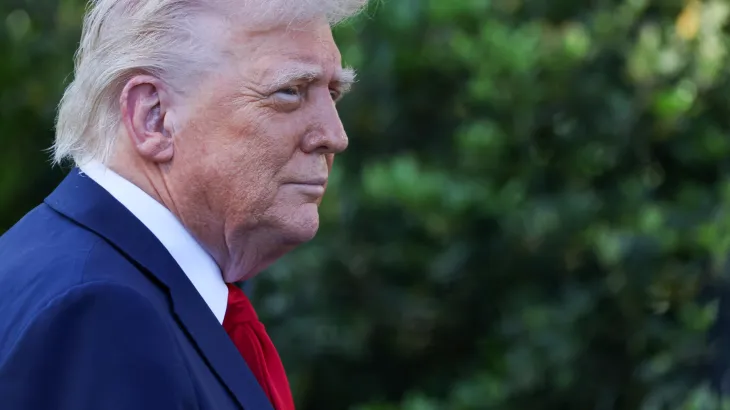Indonesia has expressed readiness to establish diplomatic relations with Israel, but only if a Palestinian state is officially recognized. The announcement came from Indonesia’s foreign ministry on May 28, amid intensifying global debates over Middle East peace and recognition of Palestinian statehood.
A spokesperson for the Indonesian Foreign Ministry stated that Jakarta remains committed to supporting Palestinian independence, and any formal ties with Israel would be conditional upon the realization of a two-state solution. The ministry emphasized that Indonesia’s stance is guided by “its constitution and the mandate to support decolonization.”
Conditional Diplomatic Opening
The statement came in response to reports that Indonesia was considering warming ties with Israel in light of recent developments, including the normalization efforts between Israel and several Arab states. However, officials clarified that such steps would not occur in the absence of a recognized and sovereign Palestinian state.
“Indonesia will only consider normalization if it directly supports the creation of a Palestinian state,” said the foreign ministry’s spokesperson. “There is no change in Indonesia’s foreign policy position.”
Regional and International Context
The remarks follow a significant week in Middle East diplomacy, with several European nations, including Ireland, Spain, and Norway, formally recognizing Palestinian statehood. These moves have increased international pressure on other countries to clarify their positions.
Indonesia, the world’s most populous Muslim-majority country, has long been a vocal supporter of Palestinian rights and does not have official diplomatic relations with Israel. Its stance is considered influential among nations in Southeast Asia and the broader Islamic world.
The latest comments underscore Indonesia’s willingness to participate in regional peace efforts, but only under terms that meet the long-standing demands of the Palestinian people.
Domestic and Political Considerations
Inside Indonesia, support for the Palestinian cause runs deep, both politically and among the public. Leaders have consistently framed Palestinian statehood as a moral and constitutional obligation. President Joko Widodo has reiterated this position in international forums, including the Organization of Islamic Cooperation (OIC) and the United Nations.
Some analysts see Indonesia’s statement as a way to remain engaged in international diplomacy while upholding its traditional foreign policy stance. It also allows Jakarta to respond to pressure from global partners seeking broader Arab and Muslim normalization with Israel, without abandoning its pro-Palestinian commitment.
Israel’s Response and Wider Reactions
Israeli officials have not issued an immediate response to Indonesia’s statement. However, Israel has previously expressed interest in developing ties with Southeast Asian nations, including Indonesia and Malaysia.
Palestinian authorities welcomed Indonesia’s reaffirmation of support, calling it a reflection of “principled diplomacy.” The statement was also praised by civil society groups and Islamic organizations within Indonesia, who remain firm advocates for Palestinian independence.
Outlook
While Indonesia’s announcement does not mark a shift in formal policy, it suggests a potential future opening, contingent upon tangible developments in the Israel-Palestine conflict. The statement adds to growing international attention on how global diplomatic realignments might affect longstanding regional disputes.
As global actors explore new strategies for peace in the Middle East, Indonesia’s conditional openness could position it as a bridge-builder — but only if core Palestinian demands are addressed.
Source; Reuters



